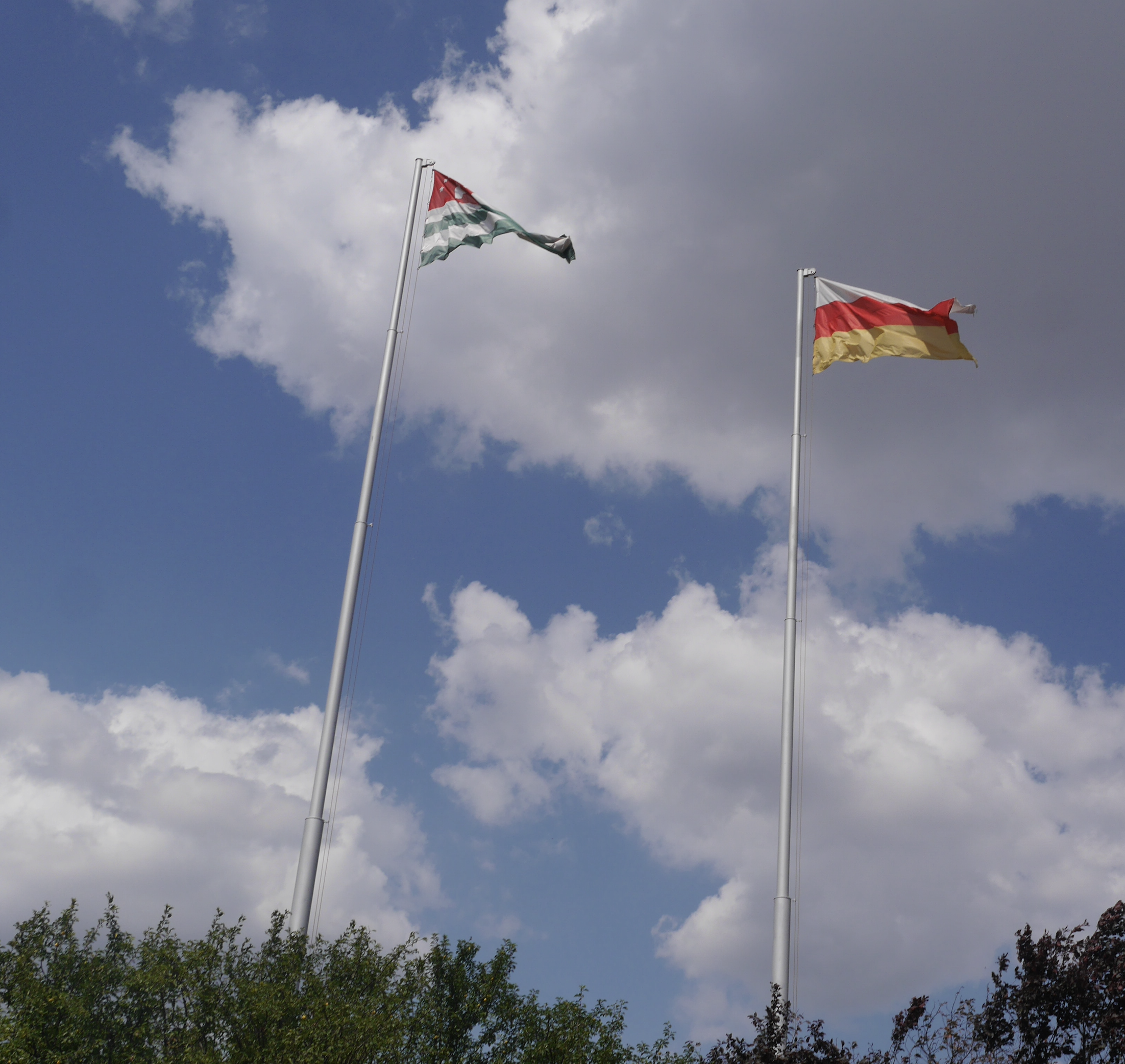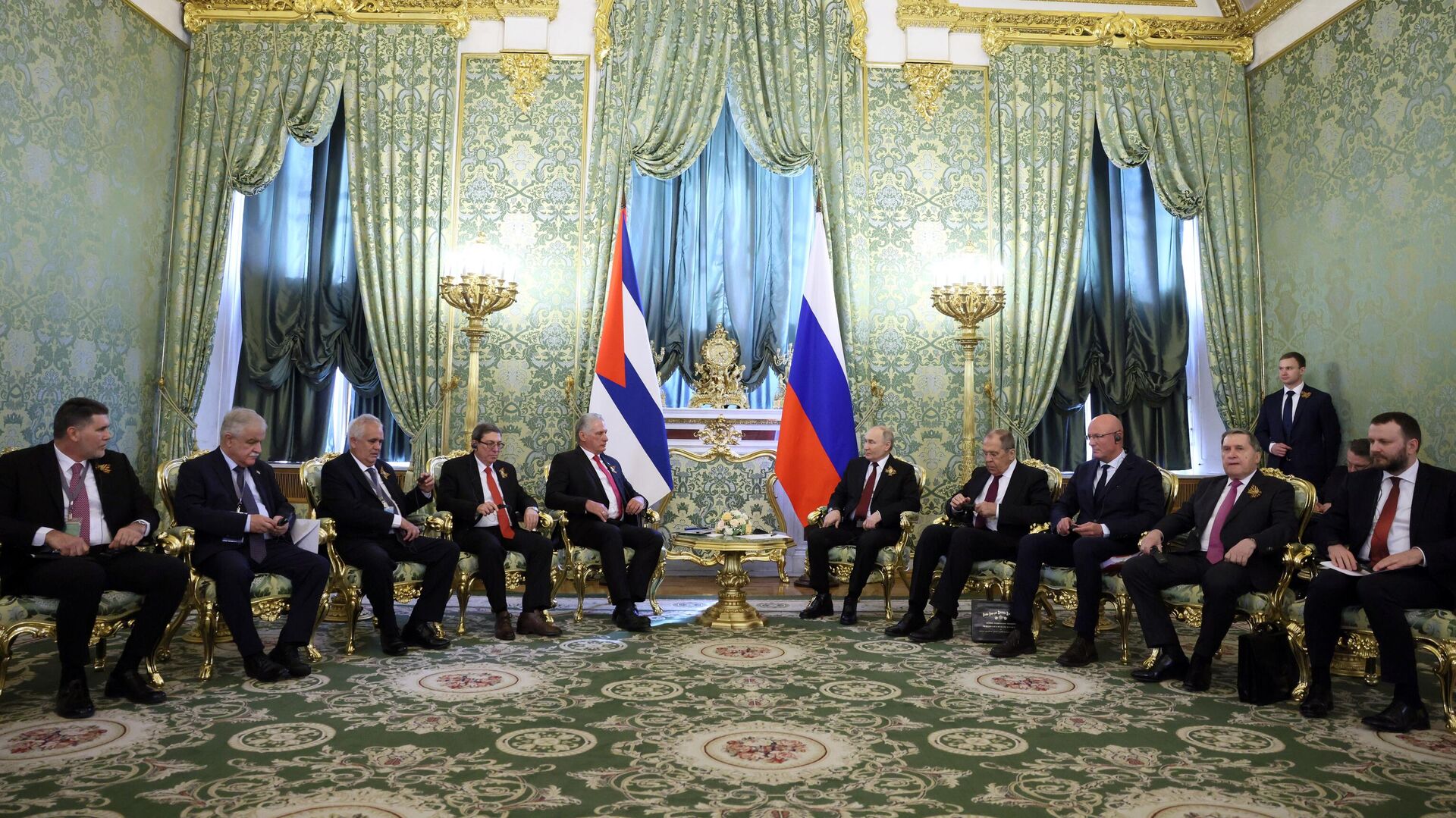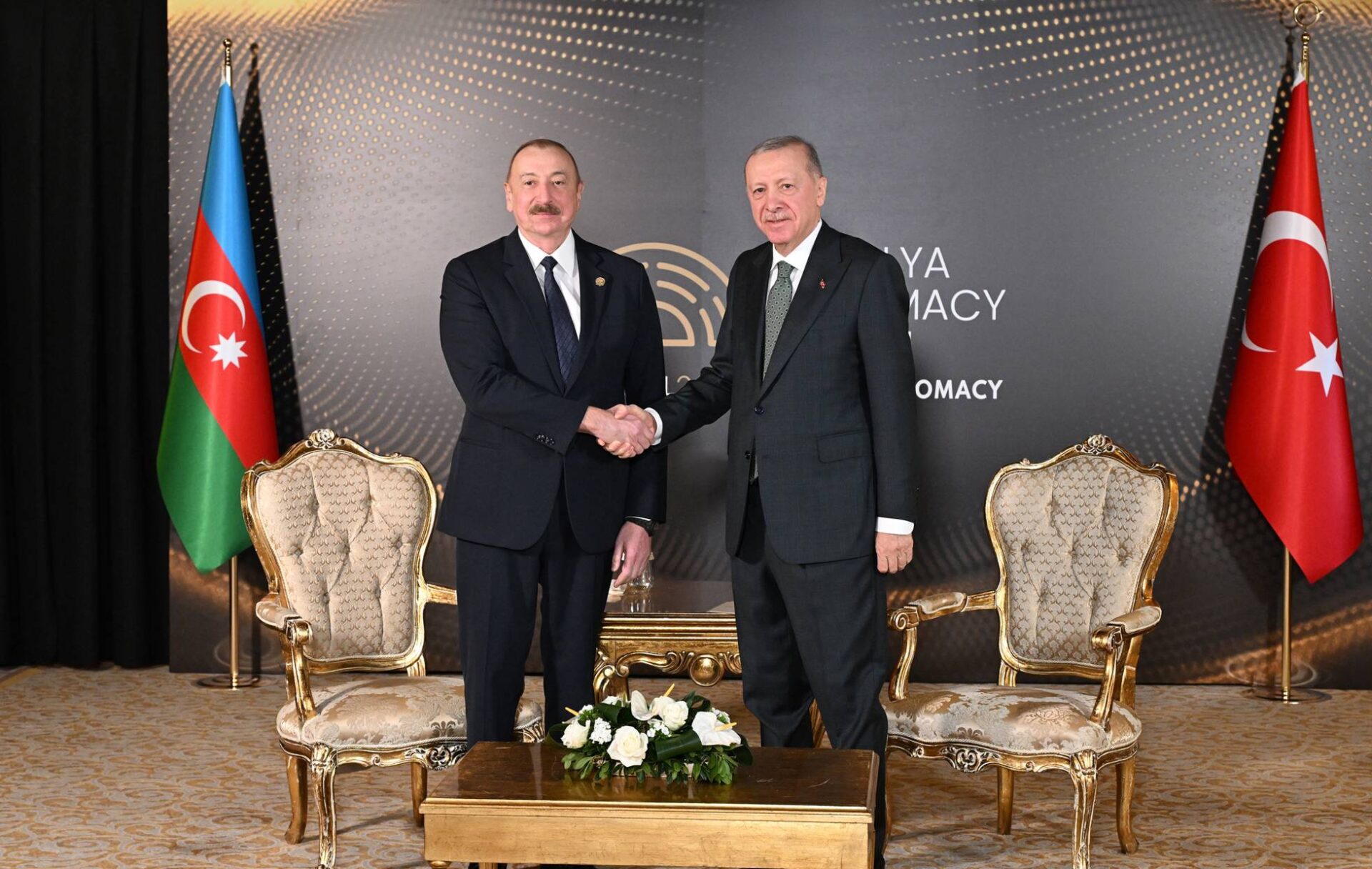
Moscow Severs Diplomatic Relations With NATO
Moscow Severs Diplomatic Relations With NATO
The North Atlantic Treaty Organization (NATO) and Russia have effectively severed their diplomatic relations, which were established some 20 years ago, when both sides declared their Cold War rivalry was over and they were no longer enemies. On October 6, 2021, NATO Secretary General Jens Stoltenberg announced the reduction of the Russian mission at NATO headquarters in Brussels by half, from 20 to 10, revoking the accreditation of 8 Russian diplomats and abolishing 2 vacancies. Stoltenberg accused the banned diplomats of being undercover Russian intelligence agents involved in illicit activities—a charge Moscow has adamantly rejected. The Russian diplomats were ordered to leave Brussels by November 2021. On October 18, Foreign Minister Sergei Lavrov announced the Russian reply that turned out not to be a simple tit for tat, but “nuclear”—a total recall of all Russian diplomatic personnel accredited to NATO and the closure or “suspension” of the Russian permanent representation. At the same time, Lavrov ordered the closure, by November 1, 2021, of the NATO Military Liaison Mission in Moscow, attached to the Russian defense ministry, and NATO’s Moscow Information Office. All accredited NATO personnel must leave Moscow by November. Lavrov announced that in the future, any possible NATO-related business will be handled by the Russian embassy in Belgium, and he offered the West to appoint one of its NATO member state embassies in Moscow to handle Alliance-related issues “if such a need arose” (Interfax, October 18).
The Russian permanent representation at NATO headquarters was established in 1998, after the signing of the 1997 NATO-Russia Founding Act “designed to increase trust, transparency and cooperation.” After 9/11, Russia and the West temporarily moved closer, seemingly in the direction of forming an alliance of sorts in the Global War on Terror. In 2002, the NATO–Russia Council (NRC) was established. At the time, some believed the NRC could allow Moscow to become part of the NATO consensus-building and decision-making process on issues of mutual interest, like fighting terrorism. In December of that year, the NRC held a meeting in Moscow in the Ministry of Defense building, at the level of defense and foreign ministers, on how to jointly fight terrorism. Russian top military commanders then talked about building a de facto alliance with the United States. The NATO Military Liaison Mission was also established in Moscow in 2002. NATO’s Moscow Information Office had been opened in 2001, and in December 2002, the same office was independently accrediting journalists to have access to the NRC session on the premises of the Russian defense ministry. Today, all that is ancient history. Moscow blames NATO’s relentless eastward expansion for this historical failure; the West, in turn, pins the blame on Russia’s aggressive coercion and use of force against neighboring countries. After 2014, following Crimea and Donbas, NATO decided to end all practical cooperation programs with Moscow. Both sides are instead working on plans to deter and contain each other. The missions in Moscow and Brussels have been shuttered. The NRC has been an empty shell for years: It meets seldom, decides nothing, and hosts never-ending exchanges of incompatible policy declarations (Kommersant, October 19).
After World War II, the United Nations Charter professed unprovoked war an international crime. Wars still happen, but countries no longer officially declare them. Instead, war declarations in many cases are replaced with the severing of diplomatic relations. NATO and Russia have severed their diplomatic relations, but in their case, it is not a de facto declaration of imminent hostilities. Rather, it is more an assertion of mutual aversion and disdain, a return to the Cold War textbook of crisis management: During that period, Russia and the West were sworn enemies, but Moscow continued to talk with Western capitals and make deals on a bilateral basis, while NATO and the opposing Warsaw Pact were tasked with making technical/logistical war preparations and keeping their allies in line. Today, Moscow has its own smallish equivalent of the former Warsaw Pact—the Collective Security Treaty Organization (CSTO). Moscow has long asked NATO countries to recognize the CSTO and establish some form of NATO-CSTO liaison, but it was repeatedly rebuffed. Kremlin spokesperson Dmitry Peskov announced, “We did not have any dialogue with NATO anyway; NATO is working on military/technical measures to deter Russia; shuttering relations simply legalizes the already-existing facts” (Militarynews.ru, October 19).
Both sides blame each other for the collapse of relations. Stoltenberg, while expressing regret over the departure of the Russian mission, offered to hold another NRC meeting—a notion swiftly repudiated in Moscow. In Brussels, on October 21 and 22, NATO defense ministers, at a plenary session and in the framework of the Nuclear Planning Group, will be discussing a Concept for Deterrence and Defense in the Euro-Atlantic Area—a new master plan to deter Russia and counter its buildup of conventional forces and nuclear-capable missiles, including hypersonic systems. The West seems ready to increase efforts to build a credible defense structure to be ready to counter a simultaneous military contingency in the Baltic and Black Sea regions (Kommersant, October 21).
In Moscow, speaking at a joint meeting of Russian and Belarusian top brass, Defense Minister Army General Sergei Shoigu deplored the constant buildup of NATO forces on the borders of Russia and its allies, as well as the continued NATO military exercises aimed at improving logistics and testing the ability to swiftly deploy forces to the east. Shoigu announced plans to approve a joint Russo-Belarusian military doctrine aimed at countering the threat coming from NATO and the West (Mil.ru, October 20).
A nuclear and conventional arms race in Europe seem to be once again entering full swing. A military/political standoff is again in place. Both sides distrust each other, exchange barbs, and work on improving battle readiness, rearmament and rapid troop deployment logistics. Russia and the West seem to be wholly falling back to a Cold War posture. But for now, at least, the standoff remains in cold mode.


